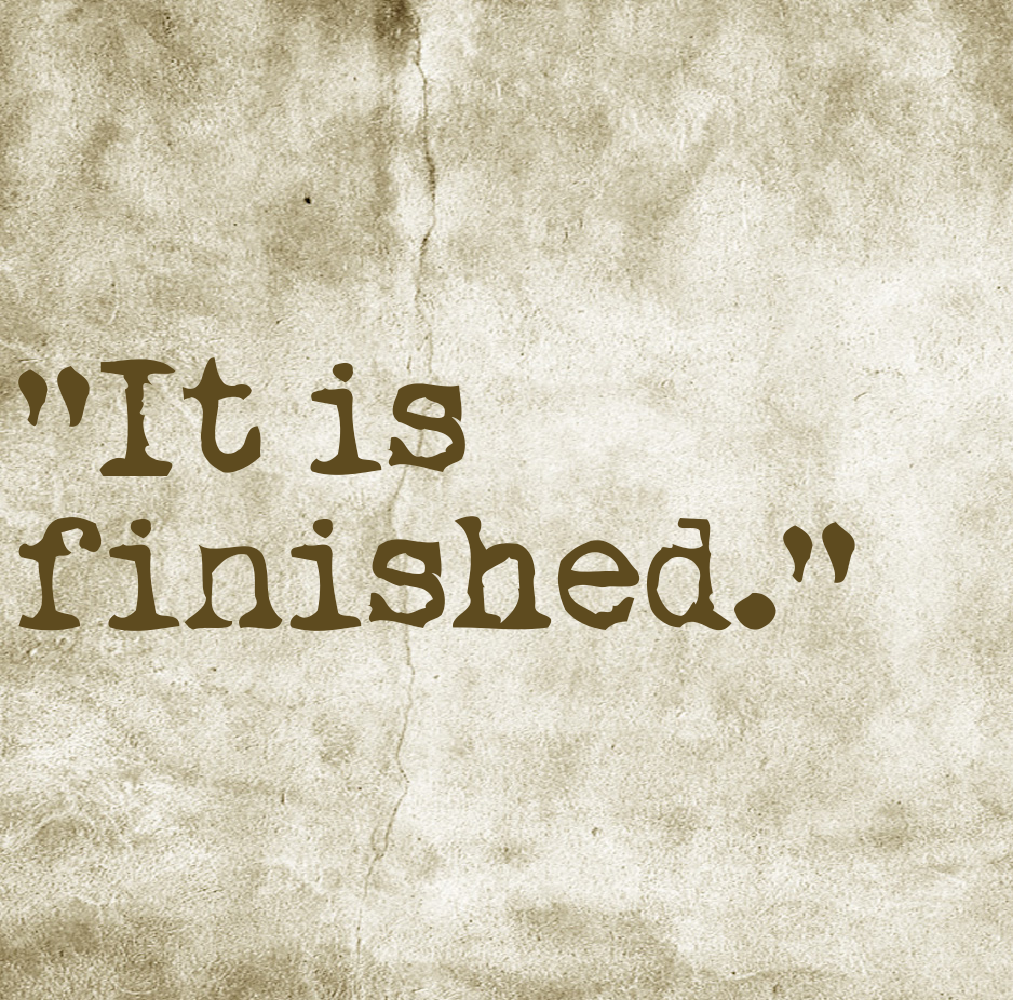“A good part of a musician’s career is spent in a pit, an orchestra pit that is—for opera, ballet and musical theater productions. The pit—an open space beneath and in front of the stage—varies in shape and size and can be cramped, loud, and dark, especially if it is very deep below the stage.”
I recently read this quote in an article online. From my (VERY) limited experience in theater, this is exactly what I remember. Orchestra pits are usually set well below the stage, and the musicians only have dim lights by which to see their sheet music. That way thy don’t detract from the main performance.
There is nothing glamorous about the pit. It’s dark and gritty down there. Hidden away and plain. There are no captivating costumes, no over-the top makeup. Just the the pure beauty of the music, appreciated only by those with ears to hear.
Most days I’d rather be on the stage in an elaborate outfit, garnering the attention and applause of others.
Or in the audience, offering my approval or criticism from the safety of the sidelines.
The pit? NO THANKS.
Recently, I went to see the Chicago Symphony Orchestra play Beethoven’s Piano Concerto No. 5. As I sat there perched high in my lofty red chair watching the violins, trumpets, flutes, and (of course) the piano, I noticed something.
You know who else is in the pit? The conductor.
For the entire performance, he spent himself for the sake of the musicians, never once taking his eyes off of them. He KNEW the music, and he moved with them, guiding them through the highs and lows of the entire piece. As I watched his hands wave back and forth, purposefully and passionately, I noticed that not a single musician was hidden from his gaze.
But as an audience member, the conductor’s back was to to me the entire time. I never once saw his face.
A stage performer wouldn’t have seen him either. The spotlights are too blinding.
All throughout the Bible, seeing the face of God is spoken of as the highest honor. Revelation tells us we will one day literally see the face of God. One of my husband’s favorite prayers over our kids is “may God make his face shine upon you,” taken right from Numbers. We may think we want the applause of others or to sit on the sidelines…but our deepest longing is to see the conductor’s face.
Because not only does the conductor bring us comfort, he makes us better. There is actually research on whether or not the presence of a conductor really makes any difference. After all, the musicians have their own sheet music. Do they really NEED to watch the conductor? The researchers found that “the more the influence of the conductor to the players, the more aesthetic — aesthetically pleasing the music was overall.” How about that.
I need to remember that when I’m in the pit. When the lights go dim and I feel small and hidden and unimportant. When I question everything and wonder if I’m doing anything worthwhile.
And I need to remember that when I feel like God has turned his back on me. Maybe it’s not God who moved. Maybe I just climbed out of the pit a bit too soon.
A good part of our lives might very well be spent in the dim light of the pit. If you’re there right now and it’s dark and noisy and cramped, I’m so sorry. Look for the conductor’s face. Listen. He just might be turning it all into a symphony.




 Preparing for a talk next week and thinking about this little, homemade xylophone I made with my four year old.
Preparing for a talk next week and thinking about this little, homemade xylophone I made with my four year old.